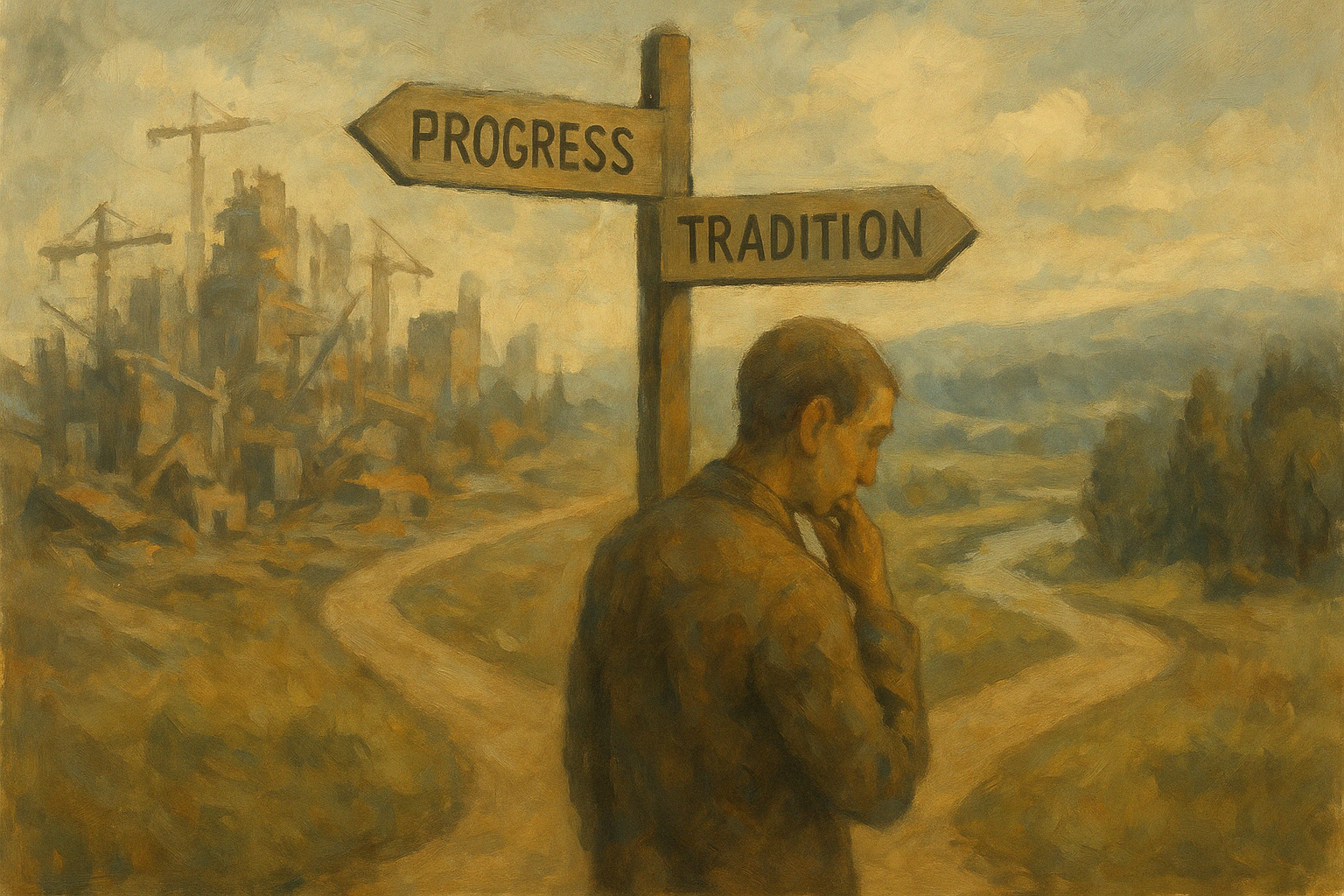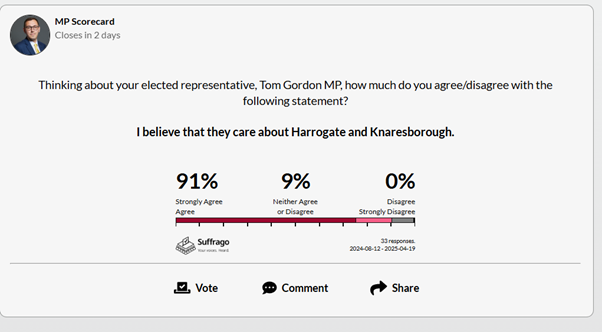Many of my friends and colleagues would describe themselves as “progressive.”
I want to agree with them.
I really do.
I want to be one, but I can’t and I’m not one.
The recent UK Supreme Court ruling — about the legal definition of “woman,” as if one were really needed — got me thinking hard about the word “progressive.”
Growing up, I absorbed the idea that history moves forward in a tidy, enlightened line.
We were taught:
• Stone people to death (bad).
• Burn witches (bad).
• Run slave trades (bad).
• Achieve civil rights (good).
• Win women’s suffrage (good).
• Legalise gay marriage (good).
Each generation, a little bit wiser.
The future always better than the past.
This became the cultural script: oppose any “progress” and you risk being cast as a dunderhead by the history books.
But it’s not so straightforward.
History doesn’t move forward cleanly. It lurches. It backslides. It contradicts itself.
Ancient Greeks were more comfortable with homosexuality than many in Britain are today.
Roman women had property rights centuries before British women could own a toothbrush.
Many ancient societies revered animals far more respectfully than we do today in our charming battery farms.
And here’s the problem with calling yourself “progressive”:
If progress is your entire identity, then — by definition — the present must always be wrong.
Nothing is ever good enough.
Not even biology, common sense, or human nature itself.
Everything must be torn down. Everything must be reimagined. Everything must change.
That isn’t wisdom. That’s an astonishing level of arrogance.
Of course, injustice exists. Of course, it’s right to challenge it.
But assuming that every structure, every tradition, every fact of life is broken — just because it’s old — is both morally and intellectually lazy.
Some things need fixing.
Other things don’t.
The trick — the hard trick — is knowing the difference.









